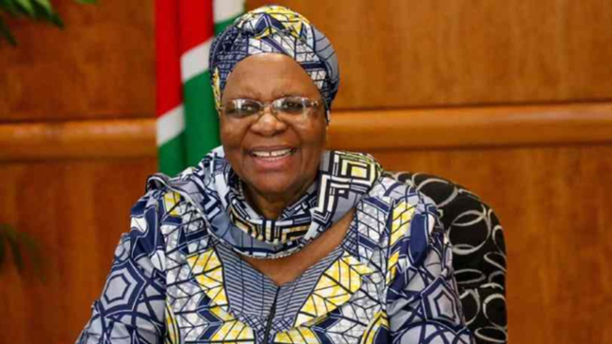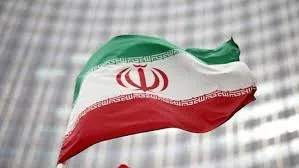Netumbo Nandi-Ndaitwah has made history as Namibia’s first female president. According to reports, the 72-year-old leader secured 57% of the vote, thereby avoiding a run-off election.
A Message of Peace and Stability
After her victory, Nandi-Ndaitwah addressed the nation, stating, “The Namibian nation has voted for peace and stability.” Her win further cements the South West Africa People’s Organisation’s (SWAPO) 34-year rule. Since Namibia gained independence from apartheid South Africa in 1990, SWAPO has remained in power.
Opposition Rejects Results
However, the election results have sparked controversy. Opposition parties immediately rejected the outcome, citing several irregularities. For instance, ballot paper shortages and extended delays forced voting to continue until Saturday. Consequently, many frustrated voters left polling stations after waiting up to 12 hours. The opposition argued that the voting extension was illegal and promised to challenge the results in court.
In addition, Panduleni Itula, the main opposition leader from the Independent Patriots for Change (IPC), strongly criticized the election process. He came second with 25.5% of the vote. “The rule of law has been grossly violated, and we cannot call these elections by any means or measure as free, fair, and legitimate,” he said, as quoted by Al Jazeera.
SWAPO Faces Growing Challenges
Nandi-Ndaitwah’s win comes during a challenging time for SWAPO. Although the party has ruled Namibia for decades, dissatisfaction among voters, particularly the youth, has been rising. High unemployment rates and persistent inequality remain pressing issues.
A Legacy of Leadership
Despite these challenges, Nandi-Ndaitwah’s career reflects her resilience and dedication. She joined Namibia’s underground independence movement in the 1970s. Later, after studying in the UK, she returned to Namibia and entered parliament in 1990. Over the years, she held several ministerial roles and played a key part in shaping the country’s policies.
Overall, Nandi-Ndaitwah’s election marks a significant milestone for Namibia. Nevertheless, she faces the enormous task of addressing economic issues, bridging divides, and fostering unity among the people.






















